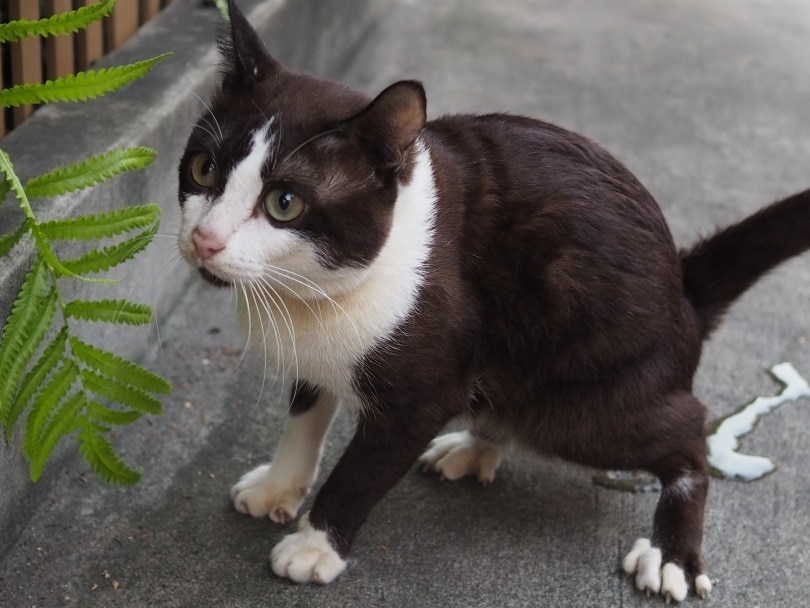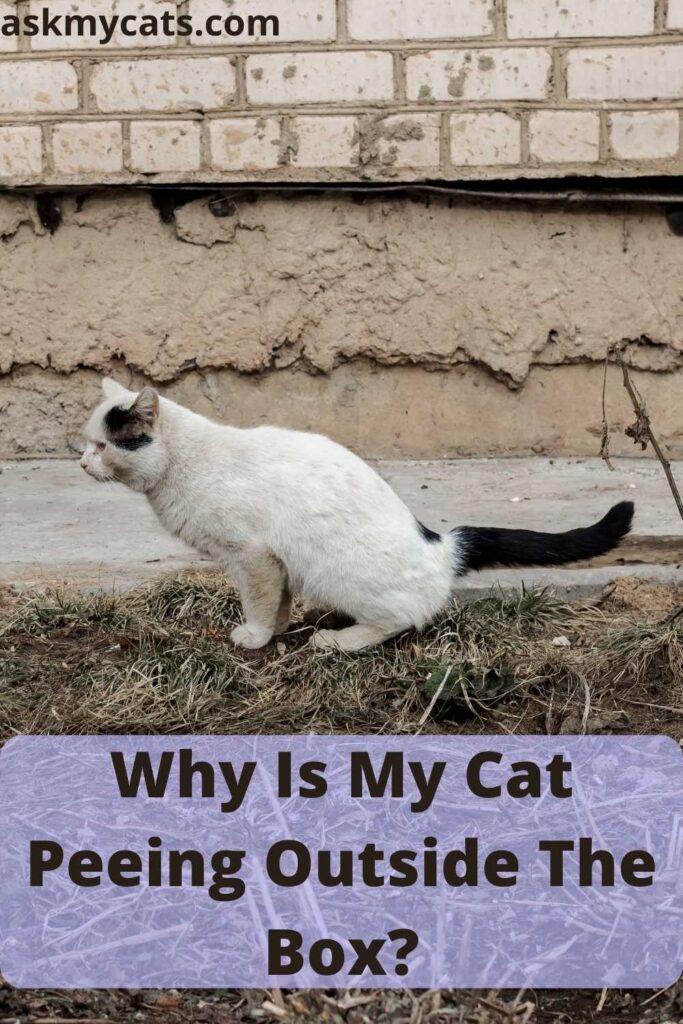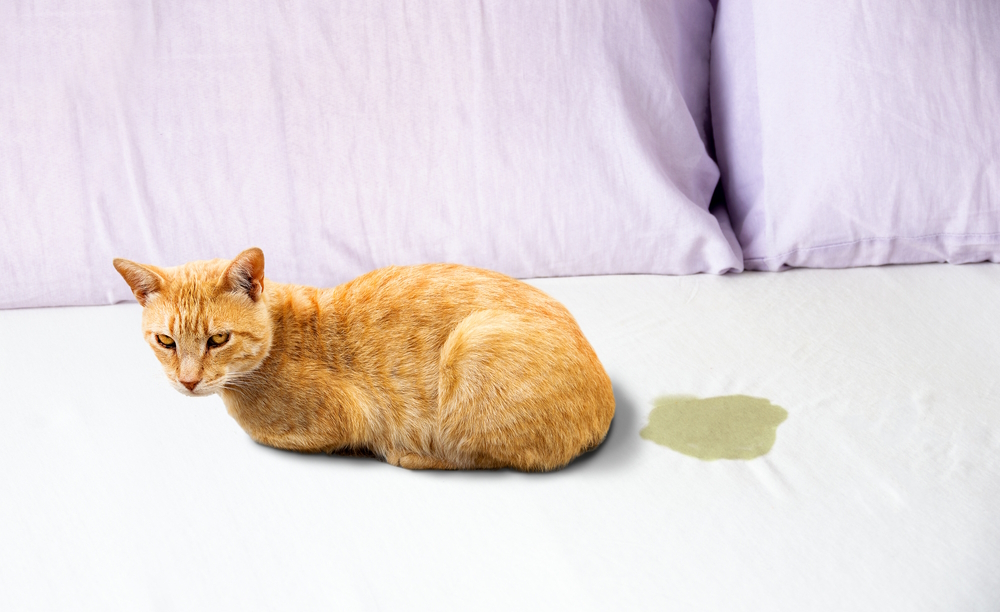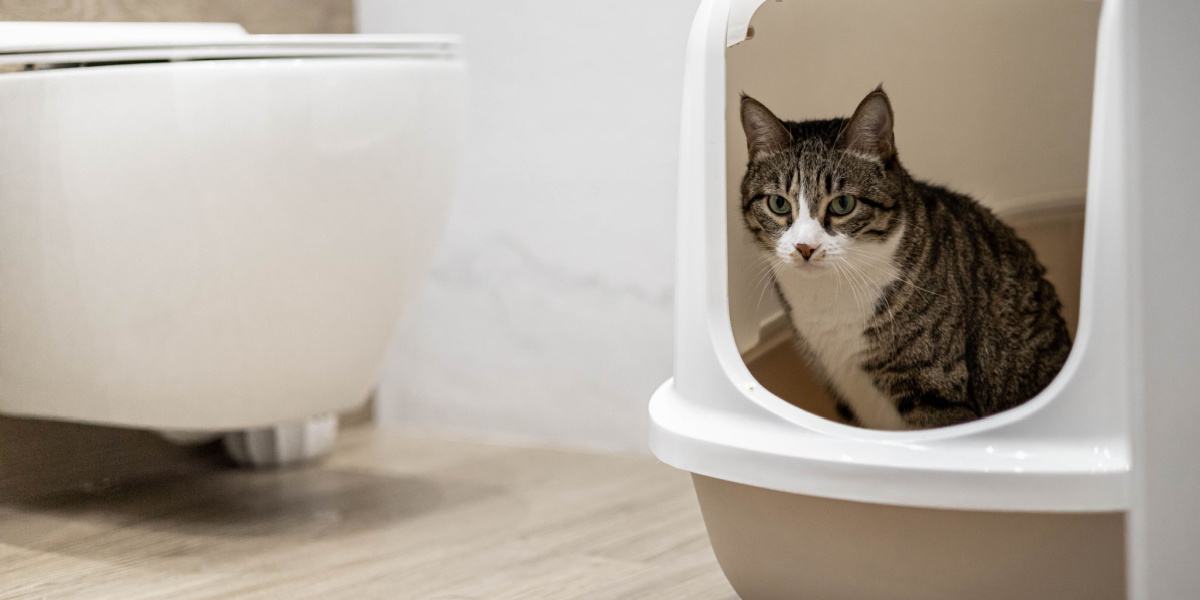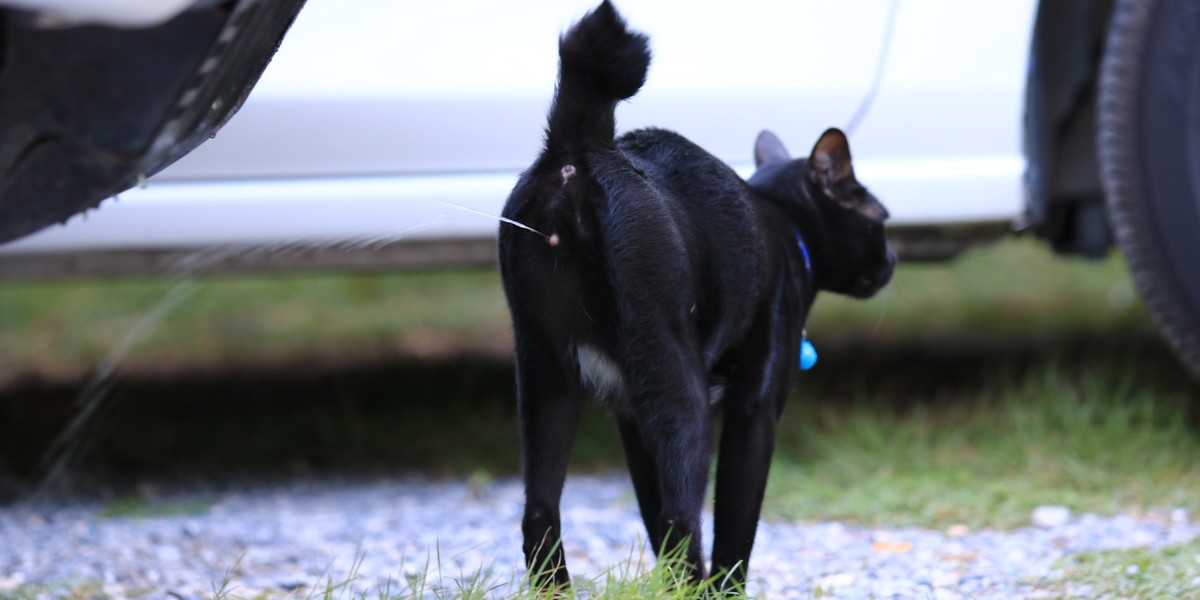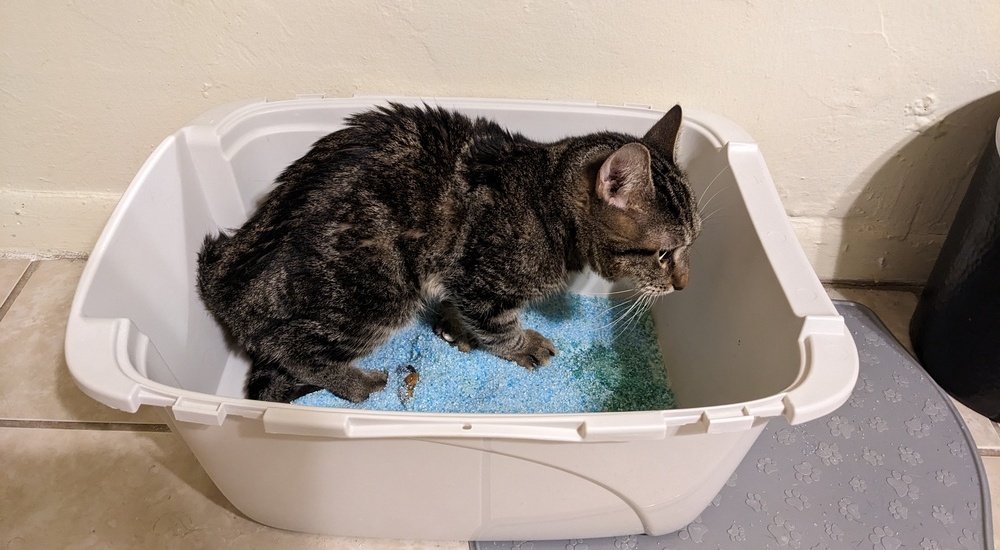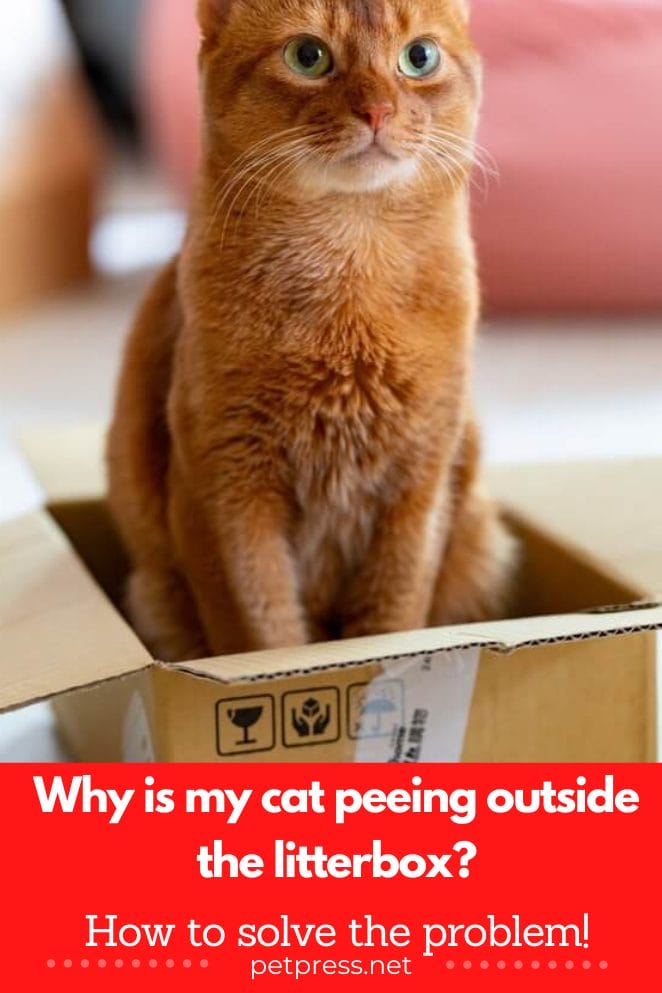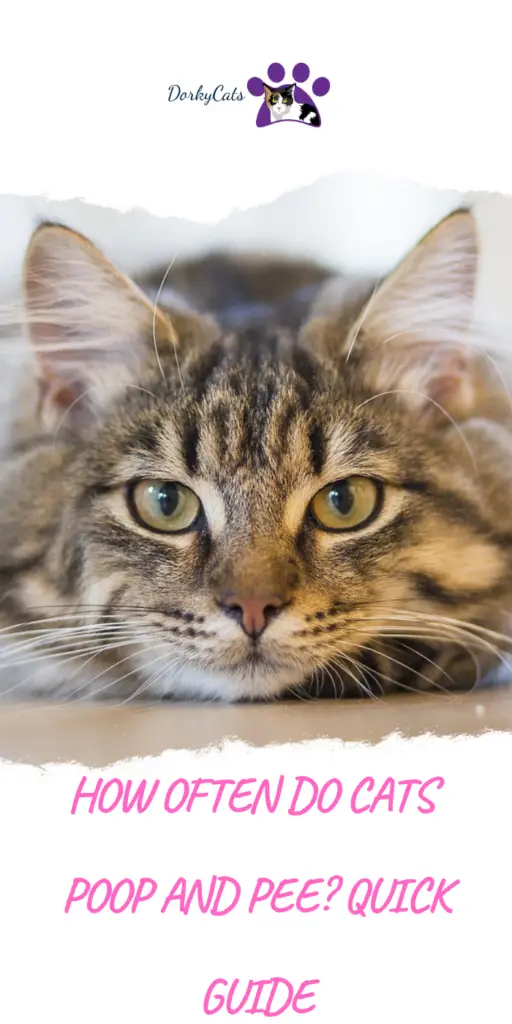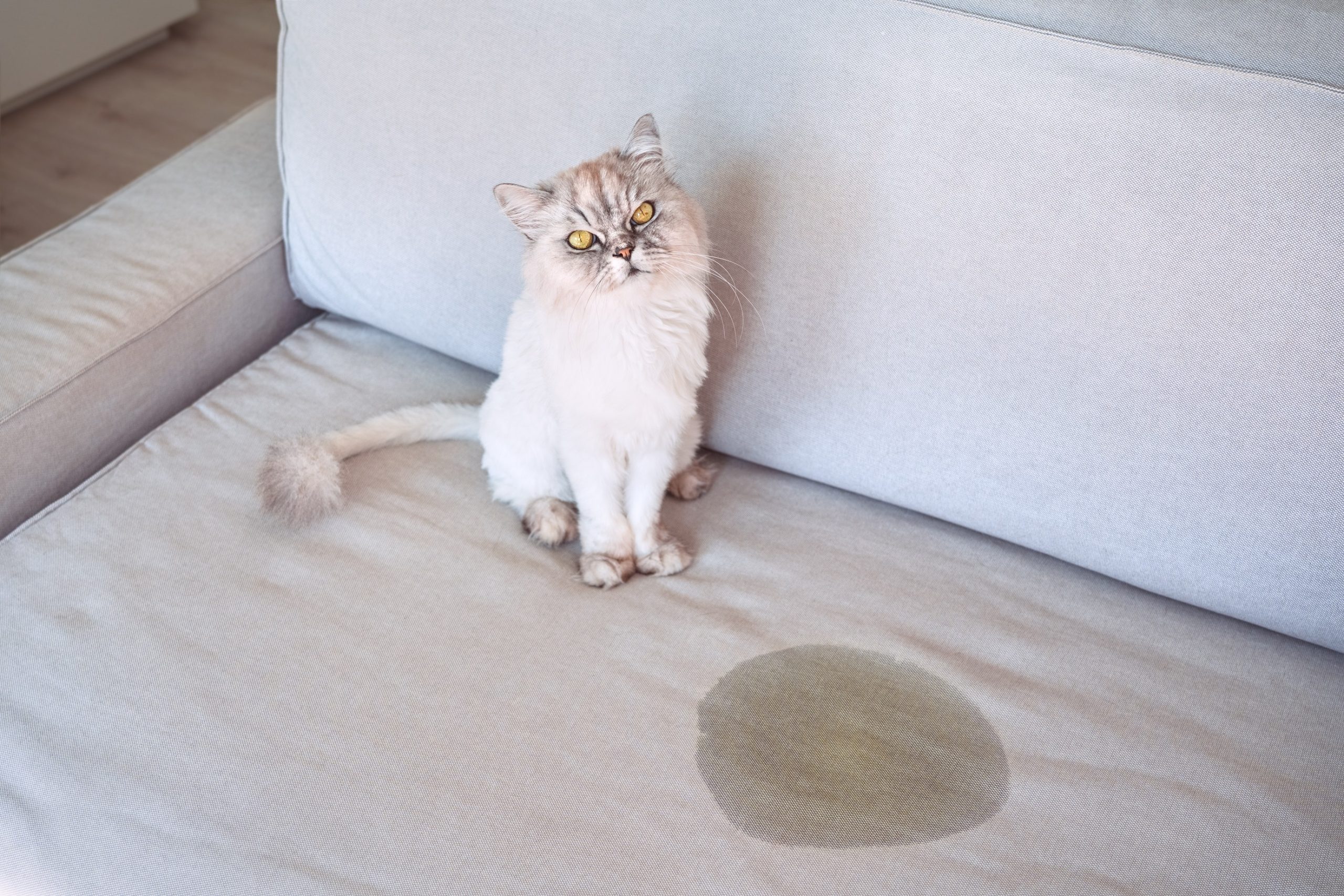My Cat Only Pees Once A Day
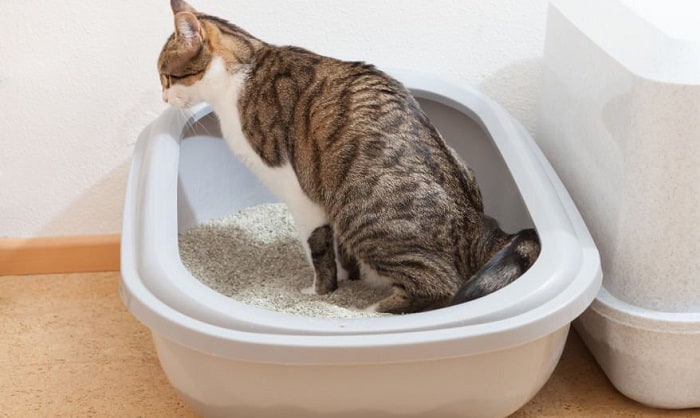
Many cat owners pride themselves on their meticulous care for their feline companions, diligently tracking food intake, playtime, and even litter box habits. A common concern among these attentive owners is the frequency of urination, particularly when a cat appears to only urinate once a day. Is this normal, or a sign of a potentially serious underlying health issue?
This article explores the factors influencing feline urination frequency, differentiating between typical behavior and potential warning signs that warrant veterinary attention. We will delve into the potential causes of infrequent urination, diagnostic procedures, and preventative measures to ensure optimal urinary health for cats. Understanding the nuances of feline urination is crucial for responsible cat ownership and proactive healthcare.
What's Normal?
The frequency of urination in cats can vary significantly based on several factors. These factors include age, diet (especially the moisture content of the food), activity level, overall health, and environmental conditions. A healthy adult cat typically urinates two to four times a day, according to the American Animal Hospital Association (AAHA).
However, deviations from this range are not always cause for immediate alarm. Some cats, particularly those on dry food diets, may naturally urinate less frequently simply because they are consuming less water.
Why Once a Day Might Raise Concerns
The primary concern with a cat urinating only once a day lies in the potential for underlying medical conditions. While infrequent urination could be normal for a specific cat, it’s essential to rule out any health issues. Urinary tract infections (UTIs), bladder stones, and feline lower urinary tract disease (FLUTD) are common culprits.
These conditions can cause inflammation and pain, leading to difficulty urinating and decreased frequency. Blockages, particularly in male cats, are life-threatening emergencies that demand immediate veterinary intervention.
Potential Causes of Infrequent Urination
Several medical conditions can contribute to a cat urinating only once a day. UTIs, caused by bacterial infections, irritate the bladder and urethra. Bladder stones, mineral deposits that form in the bladder, can obstruct urine flow and cause pain.
FLUTD is a broad term encompassing various conditions affecting the lower urinary tract, including inflammation, crystal formation, and stress-related bladder dysfunction. Dehydration, often related to insufficient water intake or underlying kidney issues, can also reduce urine production.
Diagnosis and Treatment
If you notice a significant change in your cat's urination habits, including infrequent urination, schedule a veterinary appointment promptly. The veterinarian will conduct a thorough physical examination and may order diagnostic tests. These tests typically include a urinalysis to check for infection, crystals, and other abnormalities.
Blood tests may be necessary to evaluate kidney function and overall health. Radiographs (X-rays) or ultrasounds can help identify bladder stones or other structural abnormalities. Treatment depends on the underlying cause.
UTIs are typically treated with antibiotics. Bladder stones may require surgical removal or dietary management to dissolve the stones. FLUTD management often involves pain medication, anti-inflammatory drugs, dietary changes to increase water intake, and stress reduction strategies. Addressing dehydration may involve fluid therapy, either intravenously or subcutaneously.
Preventative Measures
Proactive measures can significantly reduce the risk of urinary problems in cats. Ensuring adequate water intake is paramount. Provide fresh, clean water at all times and consider offering wet food as part of your cat’s diet.
Wet food has a much higher moisture content than dry food, contributing to better hydration. Encouraging regular urination can help prevent urinary stasis and reduce the risk of crystal formation. Keep litter boxes clean and easily accessible. Stress reduction is also critical.
Provide a safe and enriching environment for your cat to minimize anxiety and stress. Enrichment can be achieved through regular playtime, scratching posts, and vertical spaces like cat trees. These preventive measures can play a significant role in maintaining your cat’s urinary health.
The Human-Animal Bond
Responsible cat ownership extends beyond providing food and shelter; it includes attentive observation and proactive healthcare. Noticing changes in your cat's behavior, like altered urination habits, demonstrates a deep understanding of their needs and well-being. This attention to detail strengthens the bond between you and your feline companion.
Early intervention can prevent minor issues from escalating into serious health problems, ultimately improving your cat's quality of life. Being vigilant about your cat's urination habits allows you to detect potential issues early, enabling prompt treatment and minimizing discomfort. A proactive approach ensures a healthier and happier life for your beloved pet.
By consulting with your veterinarian, staying informed about feline urinary health, and implementing preventive strategies, you can play a crucial role in safeguarding your cat's well-being. Remember, a happy and healthy cat is a testament to your dedication and care.

